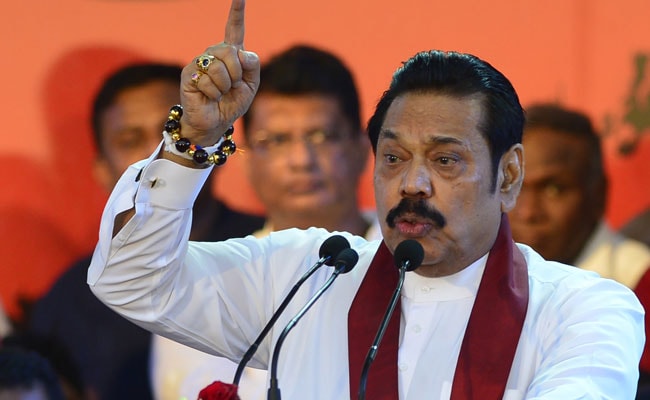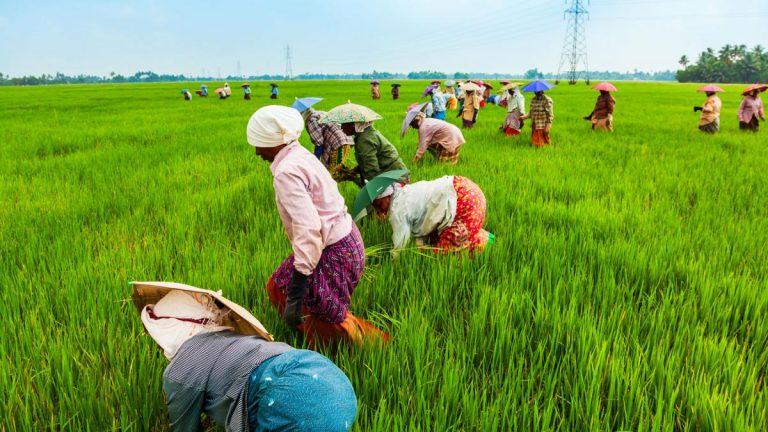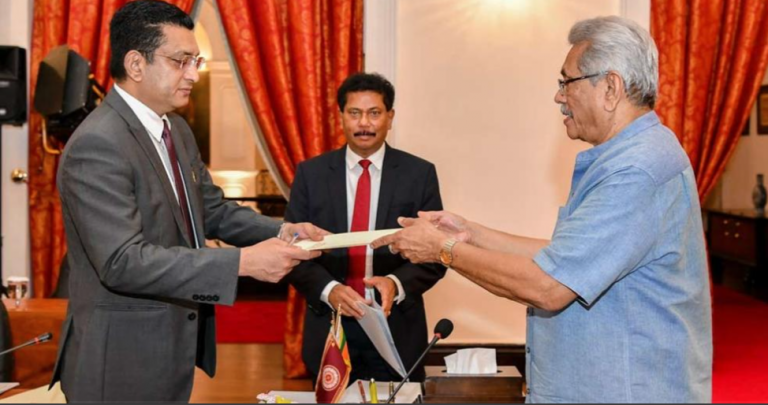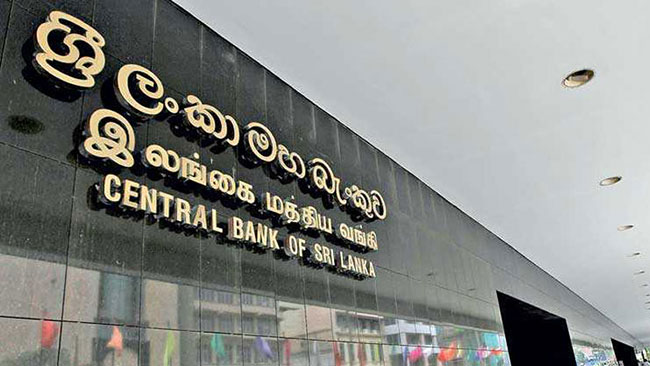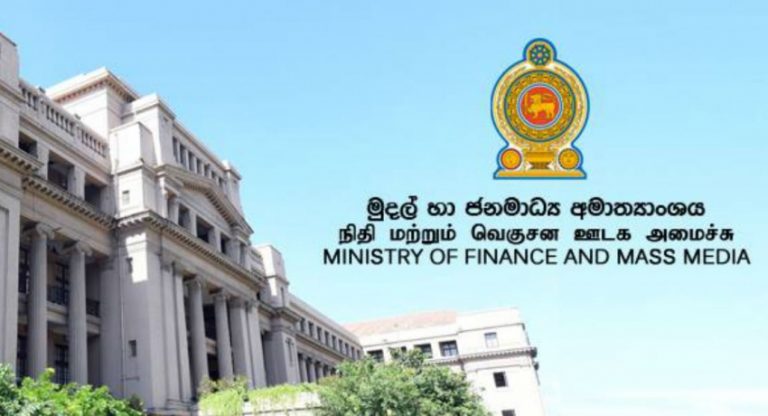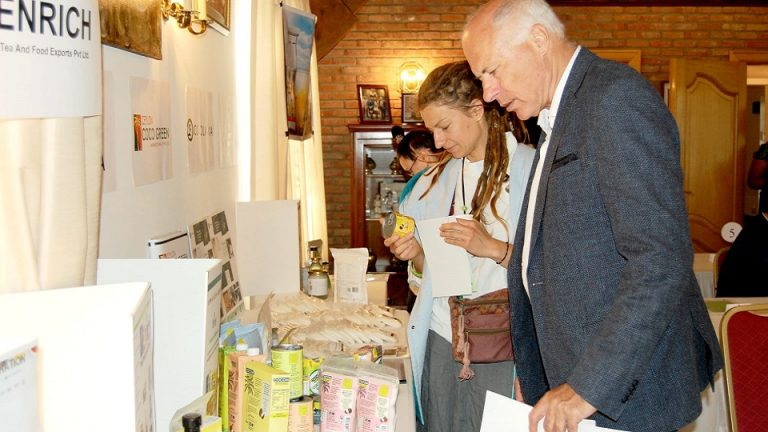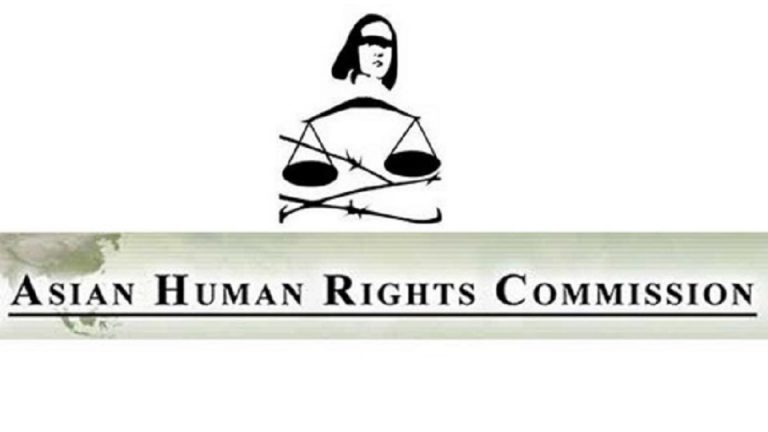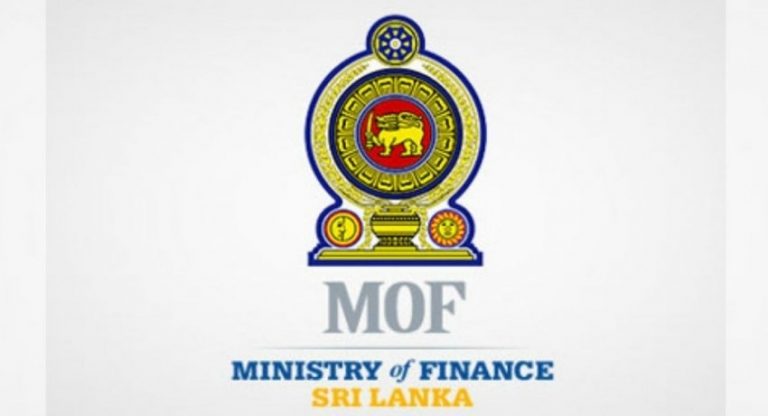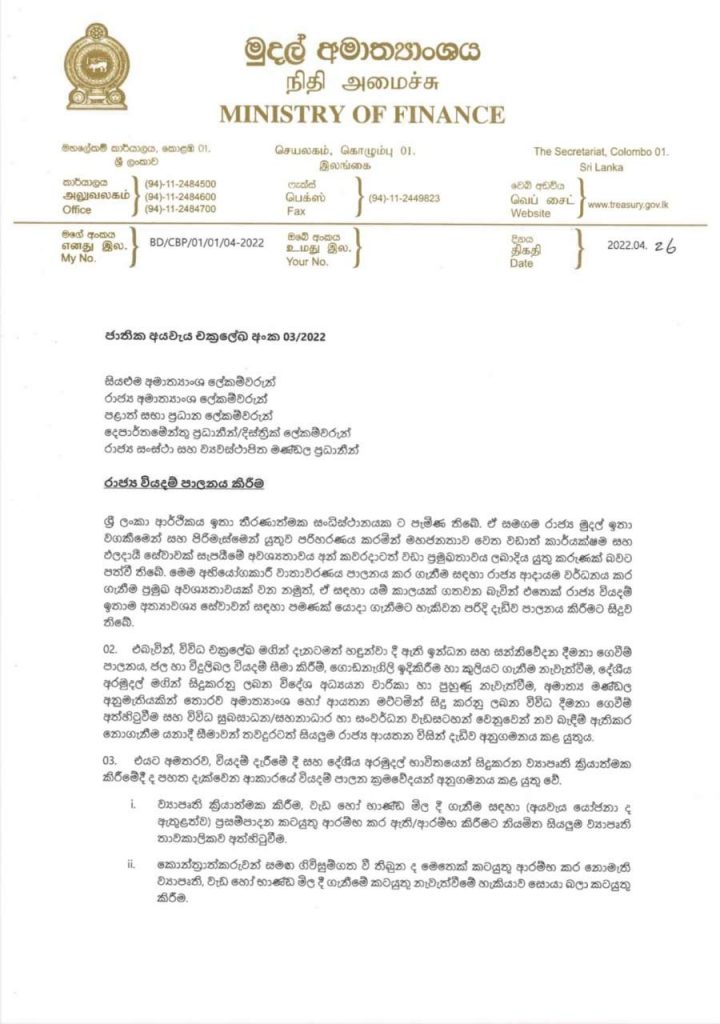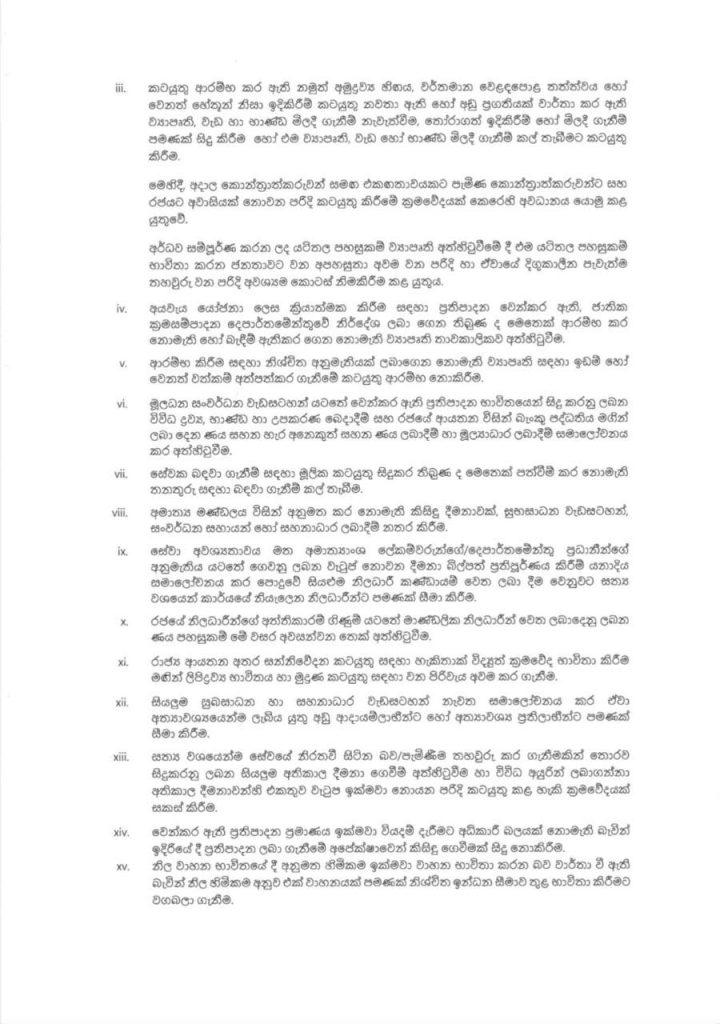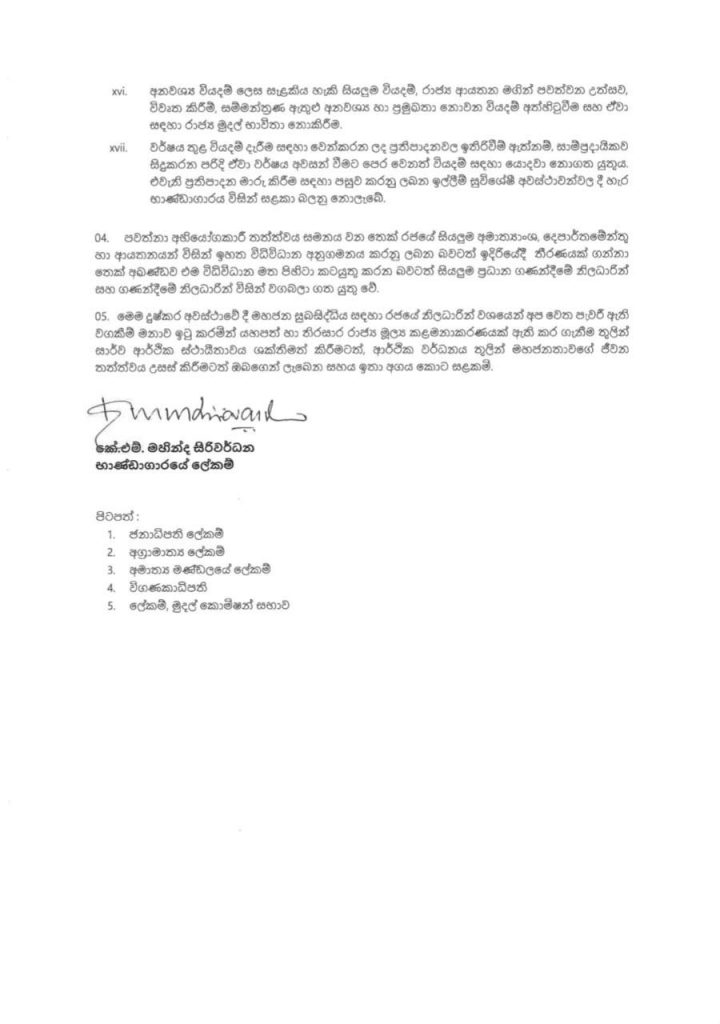By Basil Fernando
Within a few days after the Rambukkana Police shooting, a large body of information has become available to the public about this incident. The attempt by the Government and also a section of the Police to give their own version about the incident has revealed a very routine pattern that exists in Sri Lanka whenever shocking revelations are being made about such extremely serious violations of human rights. However, as the people have come forward in large numbers to give eyewitness accounts of the events, attempts for such coverups have got badly exposed. However, what comes out clearly is that neither the Government nor the law enforcement agencies have demonstrated any serious willingness to do justice even after such a serious crime has got exposed. The absence of the will to do justice has almost become a very entrenched cultural habit in Sri Lanka.
The Archbishop of Colombo and Cardinal, Malcolm Cardinal Ranjith, in his speech at the third anniversary of the Easter Sunday killings, made a serious expose of the manner in which the Government as well as basic public institutions such as the Attorney General’s Department, the Police Department and the Intelligence services are involved in the attempt to cover up one of the most heinous crimes that has happened in recent times on that fateful Easter Sunday. In fact, coming from the Head of the Catholic Church in Sri Lanka, this expose of the manner in which the system of justice has got undermined in Sri Lanka needs to be taken very seriously by anyone who cares about the protection of the security of the people in Sri Lanka. When the prominent institutions are openly involved in covering up serious crimes, then there is hardly any ground for people to trust that not only their Government but even to have any trust about the society that they live in. The existence of an environment in which people can move around with a sense of security is the most basic requirement of any peaceful and decent society. While all this takes place, people in Sri Lanka, throughout the country, have shown a remarkable capacity to engage in peaceful protests for reasons that everybody accepts as legitimate and just. In fact, the people are protesting against the serious deprivations which have threatened the possibility of leading a normal life within the social context of their society. Despite such hardships, people have shown that they are capable of enormous sacrifices in order to make their voices heard to those who are ruling the country and also to all others who are capable of intervening under these circumstances to make a difference. Despite the failure to achieve any remarkable success as a result of their protest, the people have still maintained their capacity for discipline and their capacity for the respect of other people’s rights in the process of participating in perhaps the most dramatic protest movement that has ever existed in Sri Lanka in its recent history.
Further, a remarkable factor about these interventions is that people are fed up of almost all political parties and are making demands on everyone, irrespective of party loyalties.
All that shows that the people still have faith in the possibility of arriving at a trusted and fair solution to their pressing grievances. Such a belief demonstrates that societally, the expectation for justice is well rooted within the consciousness of the people of Sri Lanka.
That is what makes the situation even worse for the Government as well as for the public institutions which have failed to carry out their obligations to create an environment within which the possibility of achieving justice still exists. The Government as well as public authorities are disappointing the people all the time, when it comes to the issue of the administration of justice.
The existence of a criminal justice system that is efficient and just, is an essential precondition for the maintenance of a civilized society. When the criminal investigation function fails, that is a matter of utmost serious concern for the people. The criminal justice system rests on the capacity of the criminal investigators to conduct credible inquiries into crimes efficiently. Efficiency is at the heart of a successful investigation as well as the successful prevention of crimes. It is this area that is most haunting in Sri Lanka. The history as to how the tradition of investigation into crimes came into such a crisis as it exists in Sri Lanka now has a long history. The link between the politicians developing a political culture that is conducive to the abuse of power and corruption and the linkage between the undermining of the criminal justice system is a story that is well documented in Sri Lanka. From the beginning of the British administration in the 19th Century, there was a consistent attempt to develop a policing system that could protect the people from serious crimes and also create a secure environment for peaceful living. That tradition which was created with an enormous amount of sacrifices and efforts was abandoned for petty political reasons and also for the making of various kinds of gains for people who were willing to undermine the rule of law for their own benefits.
One time, the Attorney General’s Department was looked up to as a success story in the attempt to build an independent prosecutorial branch in Sri Lanka. The Department itself was jealous in safeguarding its independence and refused to succumb to any pressures from outside. Institutional independence was proudly safeguarded for a considerable period. However, since the 1970s, this tradition again was gradually undermined to an extent that it had reached the point of having lost its former reputation. These factors and several others associated with the undermining of the will to ensure justice is a threat to the entire social fabric of Sri Lanka. The impact of this undermining was far beyond its political impact and has a direct bearing on the running of basic institutions of the country’s economy and all other social institutions. The maintenance of a strong criminal justice system is the backbone of maintaining discipline in all areas of life including in the institutions that are essential to the running of the economy. When the criminal justice system is undermined, one of the direct results is that the country’s financial discipline itself is exposed to a serious threat. We have already experienced in Sri Lanka how far that impact could affect the country’s economy. The country today is faced with the worst economic crisis ever.
An economy cannot be resolved only by taking various measures relating to the economy only. If the economy is to be sustained, it is essential to create an environment within which all activities including the activities which are essential to the economy could take place in an environment where the law is respected and where peace can prevail. However, if the overall environment is one in which crimes can take place in every possible form, then like in all areas of life, the economy will also be affected.
The absence of the will to uphold justice is at the heart of the Sri Lankan crisis. However, in the political debate, this issue does not come out sharply. While various amendments to the Constitution are being talked about, the issue of how to develop a sustainable system of the administration of justice has not received the attention it should deserve.
So long as Sri Lanka lacks the will to ensure that justice is done, it will not be able to make serious progress in any area of life including that of the economy.
It is not enough for people to demand end of this mis-rule. They need also to demand the restoration of an effective system of justice that can safeguard their security.
Criminal investigation system needs to be radically reformed. Prosecutor’s role played by the Attorney General department needs drastic change and judicial institution need to function efficiently. Unless such changes takes place, prevailing mismanagement of all public institutions will become even worse. As a result, neither the IMF interventions nor constitutional amendment will bear much fruit.
Asian Human Rights Commission

